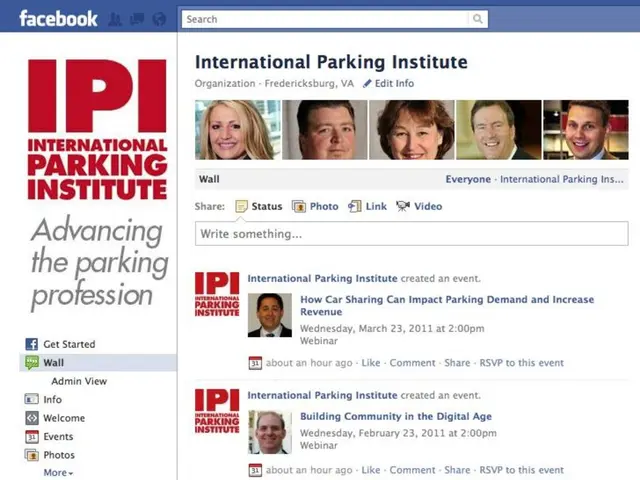Employees at Uno face job threats as mass layoffs loom
The United Nations is on the brink of a major overhaul as it grapples with a significant budget crisis, largely attributed to funding shortfalls from the United States. The organization is considering the elimination of around 6,900 jobs and a 20% cut to its $3.7 billion operating budget, following a memorandum unveiled internally.
UN Secretary-General António Guterres has signaled that this financial predicament necessitates drastic measures, including the potential merger of major departments, relocation to less expensive cities, and the elimination of redundant bureaucracy. These decisions, he acknowledges, are difficult but essential to ensure the organization's survival in the 21st century and its ability to support multilateralism and alleviate human suffering.
The financial strain at the UN is primarily due to the United States, which typically funds a quarter of the organization's regular budget but currently owes nearly $1.5 billion in arrears and current fiscal year contributions. The unpaid obligations, combined with broader aid cuts under President Trump's administration, have severely impacted the UN's financial stability.
Various UN agencies have already taken measures to cut costs, with organizations like the International Organization for Migration and the United Nations High Commissioner for Refugees reducing staff and costs significantly. The World Food Programme and the World Health Organization are also making adjustments to manage their budget shortfalls.
The 20% budget cut and potential job losses are part of a broader internal initiative called “UN80,” aimed at restructuring the UN to be more efficient and fit for 21st-century challenges. Departments were instructed to submit detailed plans for the cuts by mid-June, with the reductions scheduled to take effect on January 1, the start of the next budget cycle.
It is worth noting that political complexity surrounds restructuring the UN, as member states have differing preferences for UN entities, and most agencies resist changes that threaten staff jobs and their mandates. Historical examples of consolidation are rare, and any significant restructuring will require extensive negotiation among member states.
The UN General Assembly, scheduled to elect a new President on June 2, has already faced "strong financial and political pressure." The Green politician Annalena Baerbock, running for the position, highlighted the UN's "existential challenges" but emphasized the importance of the organization in today's world.
Sources: ntv.de, mau/rts
The European Union, represented by the European Parliament, the Council, and the Commission, are closely monitoring the financial predicament of the United Nations, given its reliance on funding from member states, including the United States. Aware of the politics involved in restructuring the UN, they may need to navigate differing preferences of member states and potential resistance from UN agencies to achieve a more efficient organization that aligns with 21st-century challenges, as exemplified by the internal initiative "UN80."
The financial strain at the UN has drawn attention to possible solutions in the realm of general-news, with the European Parliament considering potential finance reforms to alleviate the crisis, ensuring the UN's ability to support multilateralism and alleviate human suffering, as the UN Secretary-General António Guterres emphasizes.




